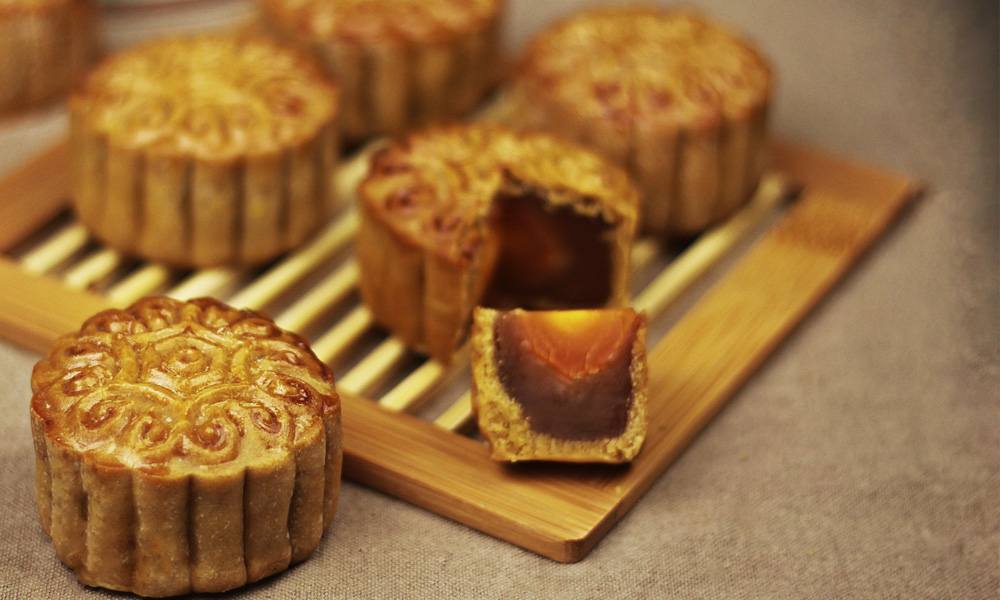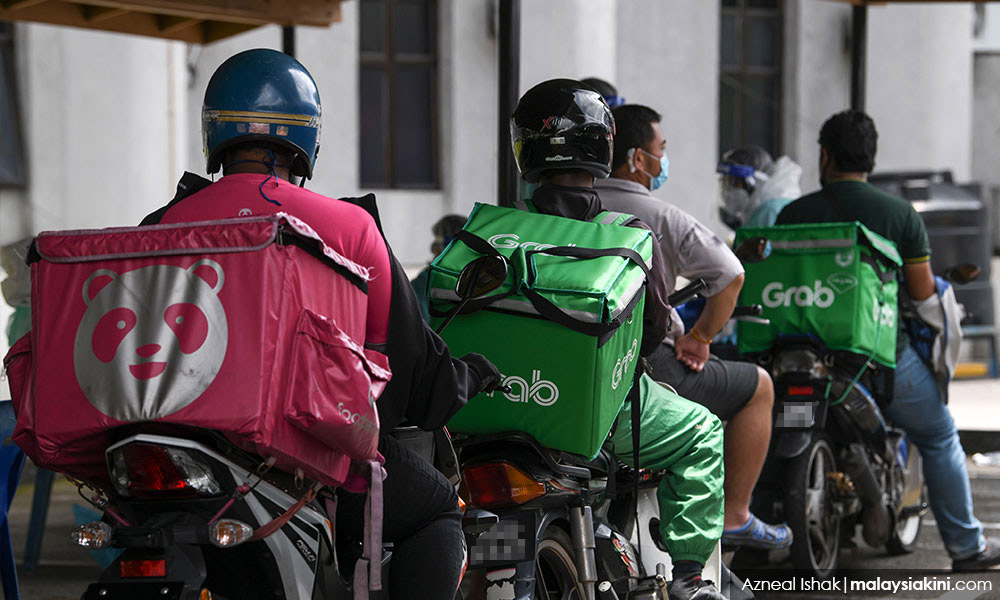Another food fight? No, not between Malaysia and Singapore again.
This time it’s the claim that nasi kandar with pork is “an insult” to the industry and can cause public “confusion”, according to Presma (the Malaysian Muslim Restaurant Owners’ Association).
The argument is that nasi kandar is keenly associated with Indian Muslims and should thus not be tainted by anything porky.
It is baffling how anybody can be “confused” by an Instagram promotion that clearly says “pork nasi kandar” where the taste is declared to be “pork-fection”.
The word pork is loud and clear. The stall, in a Chinese restaurant, also has a non-halal sign.
Perhaps the actual insult is not upon the nasi kandar industry but on the intelligence of local Muslims - that Presma thinks they will see the word pork but still get “confused” and then somehow go ahead and eat it.
Surely the association is not saying that customers lack common sense?
Pork satay
However, Presma seems to imply that anything commonly related to Muslims cannot have non-halal versions.
Luckily, nasi lemak and pork satay (sold by local Chinese) have been too well established for that to offend anybody.
That’s the way it should be. We are a multiracial country and we’ve been exchanging recipes for centuries. This is exactly how Nyonya food was created, for example, when the Chinese adapted laksa Kedah into asam laksa.
The traffic goes both ways, and Muslims have also adopted many Chinese dishes commonly linked with pork, such as dimsum, yong taufu, and pau.
As Selangor politician Teng Chang Khim pointed out, if Muslims could be so easily “confused” about nasi kandar babi, then all Muslims should stop selling chee cheong fun - which literally means pork intestines (referring to the name, not ingredients).
Some Malays are making good money selling halal mooncakes nowadays. Yet this food is linked to legends of the Jade Rabbit and the Goddess of the Moon.

Should those Malays stop their business for fear of causing “confusion”?
Root beer, hot dogs
This is not just a theoretical issue. In 2016, the Malaysian Islamic Development Department (Jakim) ruled that the name “hot dog” cannot be used in a halal-certified outlet.
Before that, in 2009, the words “root beer” were deemed unacceptable. This was reported worldwide and one wonders if it damaged Malaysia's reputation to be “moderate”.
Nobody in their right mind would think that hot dogs actually have dog meat. The local Mat Burger stalls had been selling hot dogs for decades before it was deemed “inappropriate”.
And Malays have been drinking root beer (which we know has no alcohol) at fast food chain A&W since the 1970s. I doubt their faith was jeopardised.
Roti John
If names are so “allergic”, then Roti John (bread with meat and eggs) should also be banned or renamed. After all, maybe someone will claim that it's “insulting” that a food commonly sold by Malays is named after one of the disciples of Jesus. So, should it be called Roti Johan instead?
In 2006, the Malaysian Islamic Consumer Association (PPIM) raised the issue of a tiny cross on a crown logo on a Wall's ice cream biscuit. It then warned the company to respect the rights of Muslim consumers.
In 2016, it claimed that “no pork” or “pork-free” signs at eateries were intended to mislead Muslims into thinking that they were halal.
The Pahang Islamic Religious Department even ordered food outlets in that state not to use such signs to avoid, yes, “confusing” the public.
What about Malay riders delivering non-halal food? Sure, it’s all wrapped in plastic and supposedly placed in different compartments of the motorbike box. But consider that the authorities insist that larger hotels should have separate lifts for non-halal food.

If this is the mindset, should Malays be banned from selling satay at Chinese kopitiams? Why? Well, how can they work in such non-halal places? Isn’t there a danger that some “unclean” vapours may be inhaled?
Halal laundry
The point is that this pursuit of moral purity can go really far. How about a “halal laundry” which refuses to serve non-Muslim customers? As happened at Muar in 2017?
However, the Johor sultan called this “extreme” and of a “narrow mindset”. He pointed out that ringgit notes may have also come in contact with pork or liquor sellers.
“Will the government then have to produce Muslim-friendly money?” asked His Majesty.
More important issues
In the pork nasi kandar case, Penang mufti Wan Salim Mohd Noor says he sees nothing wrong with it as long as there is a clear notice for Muslims about the ingredients.
I do enjoy eating my nasi kandar. But prices can give a mini heart attack once a bit of sotong or prawns are put in. I do wonder why Malay nasi campur is much cheaper, even with seafood?
Economy Minister Rafizi Ramli has criticised the attitude of certain restaurants for not lowering their prices despite the falling cost of raw ingredients. Was he referring to nasi kandar outlets?
I’ve also come across my share of not-so-clean restaurants. If you ask me, inflated prices and poor hygiene are more insulting to nasi kandar than someone selling a porky version of it to non-Muslims.
These are issues that Presma can improve on rather than creating an unnecessary controversy. - Mkini
ANDREW SIA is a veteran journalist who likes teh tarik khau kurang manis. You are welcome to give him ideas to brew at tehtarik@gmail.com.
The views expressed here are those of the author/contributor and do not necessarily represent the views of MMKtT.

No comments:
Post a Comment
Note: Only a member of this blog may post a comment.